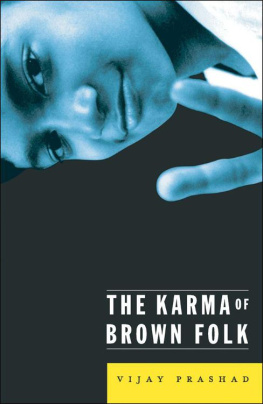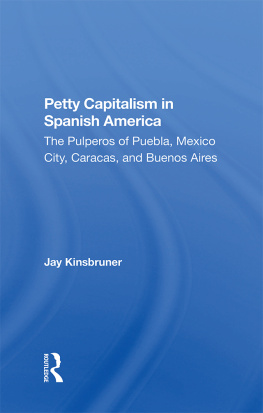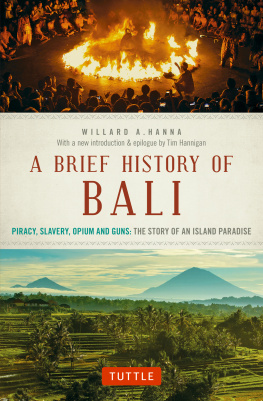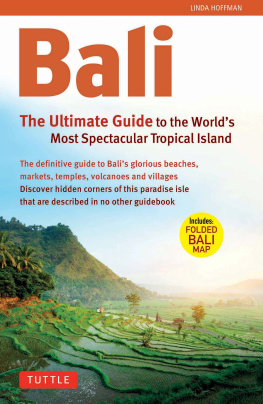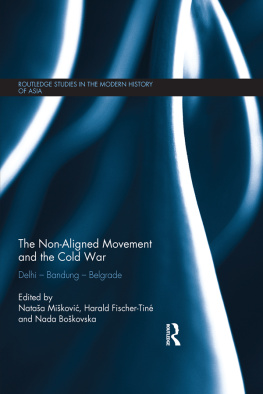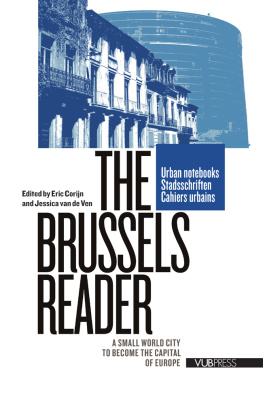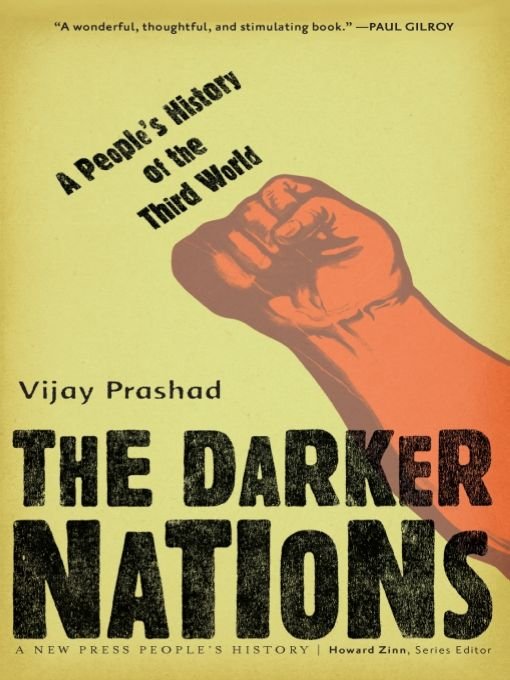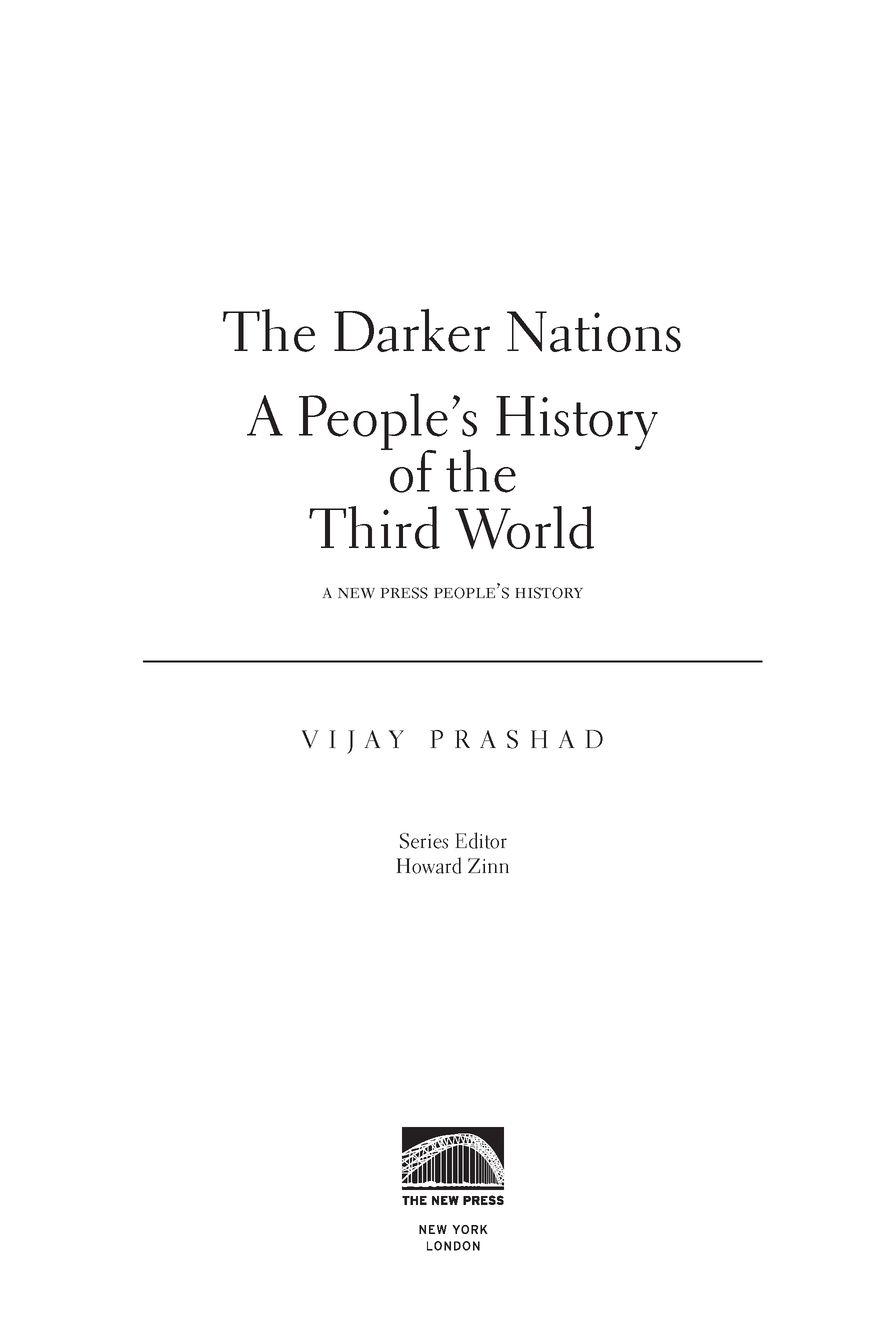Table of Contents
ALSO BY VIJAY PRASHAD
Everybody Was Kung Fu Fighting: Afro-Asian Connections and the Myth of Cultural Purity
Fat Cats and Running Dogs: The Enron Stage of Capitalism
The Karma of Brown Folk
Keeping Up with the Dow Joneses: Debt, Prison, Workfare
FOR BELA MALIK
SERIES PREFACE
Turning history on its head opens up whole new worlds of possibility. Once, historians looked only at societys upper crust: the leaders and others who made the headlines and whose words and deeds survived as historical truth. In our lifetimes, this has begun to change. Shifting historys lens from the upper rungs to the lower, we are learning more than ever about the masses of people who did the work that made society tick.
Not surprisingly, as the lens shifts the basic narratives change as well. The history of men and women of all classes, colors, and cultures reveals an astonishing degree of struggle and independent political action. Everyday people played complicated historical roles, and they developed highly sophisticated and often very different political ideas from the people who ruled them. Sometimes their accomplishments left tangible traces; other times, the traces are invisible but no less real. They left their mark on our institutions, our folkways and language, on our political habits and vocabulary. We are only now beginning to excavate this multifaceted history.
The New Press Peoples History Series roams far and wide through human history, revisiting old stories in new ways, and introducing altogether new accounts of the struggles of common people to make their own history. Taking the lives and viewpoints of common people as its point of departure, the series reexamines subjects as different as the American Revolution, the history of sports, the history of American art, the Mexican Revolution, and the rise of the Third World.
A peoples history does more than add to the catalogue of what we already know. These books will shake up readers understanding of the pastjust as common people throughout history have shaken up their always changeable worlds.
Howard Zinn
Boston, 2000
ACKNOWLEDGMENTS
In 1981, during the summer, I wrote a short essay as a school project on the history of oil. My father introduced me to Anthony Sampsons The Seven Sisters, and to the complex history of the Organization of Petroleum Exporting Countries (OPEC), including the role of the Venezuelan and Saudi Arabian oil ministers who feature in this book. When my father died in 1999, I had already begun to think of this book, and we had briefly discussed its contours. As with all my other books, this one too is written in conversation with his spirit.
Andy Hsiao at The New Press unearthed this book, and edited it with care, wisdom, and grace. Sudhanva Deshpande at Leftword Books is my political mooring.
Ten years ago, Naeem Inayatullah gave me a copy of Global Rift by L.S. Stavrianos. The book allowed me to visualize the history of the Third World, although Stavrianos had a much longer story to tell (from the start of colonialism to the 1980s). My ambit is much briefer, but it could not have been without Naeems gift.
Helpful librarians at Trinity College, the University of Massachusetts, the Hoover Institute, Singapores National Archives, and the International Institute of Social History (Amsterdam) as well as the necessary labor of Professor Vatroslav Vekaric, editor of the Review of International Affairs, enabled me to assemble the materials necessary for this book. Friends here and there, including my sister Leela, provided me with the essential linguistic assistance (particularly to make my elementary European language skills come to life). Each snapshot, each section, is rooted in a city or a town. The book opens in Paris and ends in Mecca. I take advantage of this structure to tell the history of each city, of its country and its various movements. This kind of book relies greatly on secondary sources, and therefore on the hard and generous labors of generations of scholars. The length of the endnotes is an indication of how much I have borrowed from and owe them. For the lay reader, there might be too much detail; for the specialist, there will be too little. This is the risk of such a book.
Sarah Fan, Joel Ariaratnam, and Melissa Richards (all of The New Press), and Cindy Milstein, the copy editor, gave this book all the help it needed.
Several people took these ideas seriously before I knew they had any currency. The Labor/Community Strategy Center (notably, Eric Mann, Lian Hurst Mann, Tammy Bang Luu, and Manuel Criollo) not only invited me to Los Angeles to talk about these issues but also published my ideas in its Ahora Now. Greg Meyerson (of Cultural Logic) and I had a productive discussion during a trip to North Carolina A&T. Just Act (Rishi Awantramani, Josh Warren-White, and Steve Williams) provided a nice forum in San Francisco to debate the many left lines that cut through the darker nations. Betty Bayer afforded a more genteel podium at Hobart and William Smith College, where I got to deliver a Fisher Center Lecture and have valuable conversations on race and nationalism. Howard Winants intellectual hospitality at the University of California at Santa Barbara is unmatched. Shiva Balaghi, Lisa Duggan, Andrew Ross, and Walter Johnson as well as Vivek Bald buoyed me with ideas and inspiration. Indira Ravindran gave me a push. At Trinity, Im blessed to have Michael Niemann, Barbara Sicherman, Susan Penny-backer, Joan Hedrick, Johnny Williams, and Raymond Baker, all of whom know the world with clarity and compassion. Former students Toufic Haddad and Sai Madivala, among others, taught me with their wisdom and political commitments. Bill Strickland dropped the essential plumb line. Teo Ballv, Shonali Bose, Amitava Kumar, Sunaina Maira, Gautam Premnath, Kasturi Ray, P. Sainath, and Rinku Sen give me my bearings. Mir Ali Raza gave me this line from Faiz (Zindan Nama, 1956), which reminds us of the hope in the twin projects of the Third World and socialism: One day, this field will ripen for the bountiful harvest/Till then, we must toil in the field without rest.
In Delhi, I tried out these ideas thanks to Sudhanva Deshpande at the Oxford Book Store for a Leftword Books event. In Chennai, I tried out variations of the broad thesis at the Madras Bar Association (thanks to G. Chamki Raj and K. Subburam), All-India Womens Association (thanks to my sister Rani), the Indian School of Social Science (thanks to R. Vijayshankar), and the MS Swaminathan Research Foundation (thanks to K. Nagaraj, Rukmani, and Venkatesh Atreya). Shorter pieces that drew from the book appeared thanks to my editors at Frontline (N. Ram and R. Vijayshakar), ZNET (Mike Albert), Counterpunch (Alexander Cockburn and Jeffery St. Clair), and Monthly Review (John Bellamy Foster). The earliest version of this book was War against the Planet: The Fifth Afghan War, Imperialism, and Other Assorted Funda-mentalisms (New Delhi: Leftword, 2002). Tom Fenton invited me to participate in a roundtable on the work of Peter Gowan for Critical Asian Studies, where I worked out some additional directions. Rachael Gillett and Paul Teodoulou of Global Dialogue opened their pages to some of this books ideas. Salah D. Hassan (


